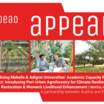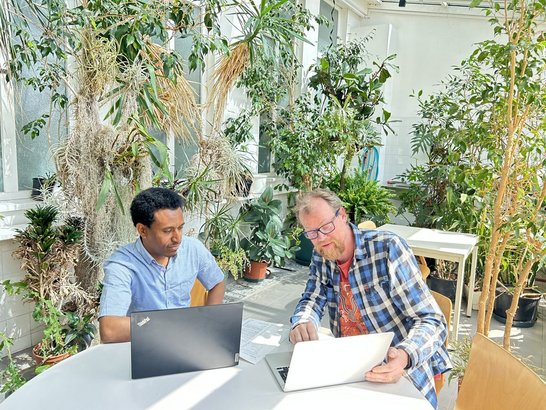Revitalizing Mekelle and Adigrat Universities’ Academic Capacity Post-Conflict: Introducing Peri-Urban Agroforestry for Climate Resilience, Forest Restoration, and Women’s Livelihood Enhancement

Project coordinator: Hans Sandén, Hafte Mebrahten
Coordinating institution: University of Natural Resources and Life Sciences Vienna
Partner institutions: Mekelle University, Adigrat University
Partner country: Ethiopia
Project duration: 1 April 2025 – 31 March 2027
Budget: EUR 259.911,41
Project Overview
The Tigray region of Ethiopia has recently endured significant armed conflict, severely impacting education, agriculture, and the environment. According to a 2021 Amnesty International report, women and girls have faced severe consequences from the conflict, including gender-based violence, displacement, human trafficking, limited access to healthcare, food insecurity, and psychological trauma. The conflict has also worsened environmental degradation and undermined livelihoods, particularly affecting women and girls, who are often the most vulnerable. Both Mekelle and Adigrat Universities, major academic institutions in the region, have been affected.
The REVITAL-MU-ADU project aims to rebuild the academic capacity and community outreach of these universities. By introducing agroforestry systems, the project presents a sustainable solution to the interconnected challenges caused by the conflict. Integrating trees into agricultural landscapes in peri-urban areas can enhance climate resilience, restore degraded ecosystems, and improve livelihoods. Women and girls, who play a crucial role in agriculture and natural resource management, stand to benefit significantly from such initiatives. The overarching objective of the REVITAL-MU-ADU project is to revitalize the universities’ academic capacity and strengthen partnerships and collaboration among institutions to support the socio-economic and environmental recovery of the Tigray region in a post-war context through the integration of peri-urban agroforestry practices.


